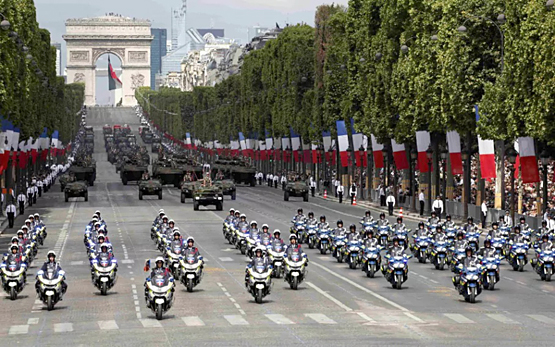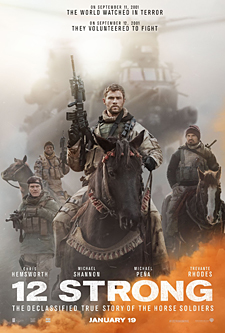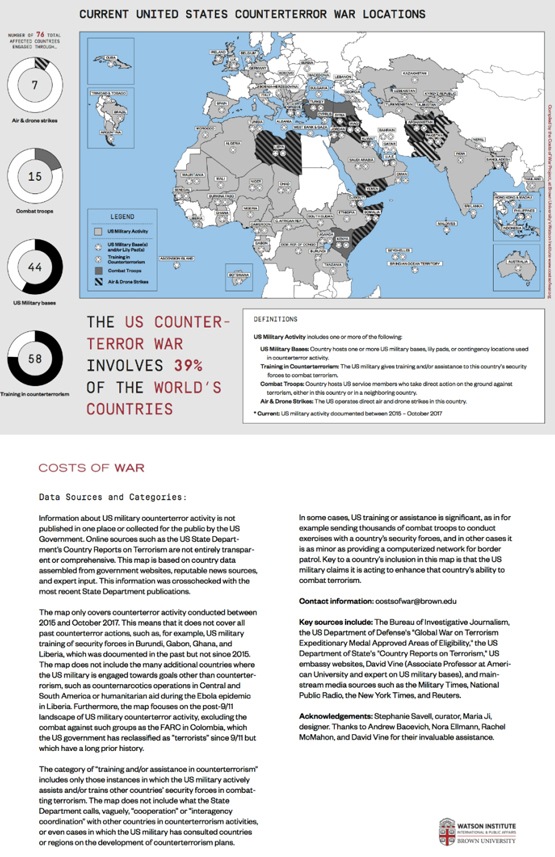
News that President Trump favors a military parade in Washington D.C., perhaps to coincide with Veterans Day in November, has drawn criticism, and rightly so. The president has a juvenile fascination with parades and other forms of pomp and circumstance, but more than anything I’m guessing he relishes the thought of posing as “The Leader,” reviewing and saluting “his” troops and generals as they pass in review. If only “Cadet Bone Spurs,” the telling nickname that Tammy Duckworth has pegged him with, could don a military uniform for the occasion — his fantasy would be complete.
The idea of a military parade down Pennsylvania Avenue, complete with tanks and jets (and maybe some big missiles and bombs too?), sounds radical. But is it really that different from other militarized celebrations that America has been witnessing and applauding since 9/11?
Consider this year’s Super Bowl. It was played in a domed stadium, yet there was the obligatory military flyover (featuring A-10 attack planes, which the Air Force ironically wants to get rid of). Fifteen Medal of Honor recipients were celebrated on the field, with one (a Marine) performing the coin toss for the game. A video link showed U.S. troops watching from overseas. In past years, troops featured were usually in combat zones like Iraq and Afghanistan. This year the troops were in South Korea, perhaps because NBC wanted a link to the forthcoming Olympic games, hopefully not because the Trump administration is foreshadowing a “bloody nose” strike against North Korea that would turn that region into a combat zone.
Continue reading “William Astore on Military Parades and Super Bowls”





